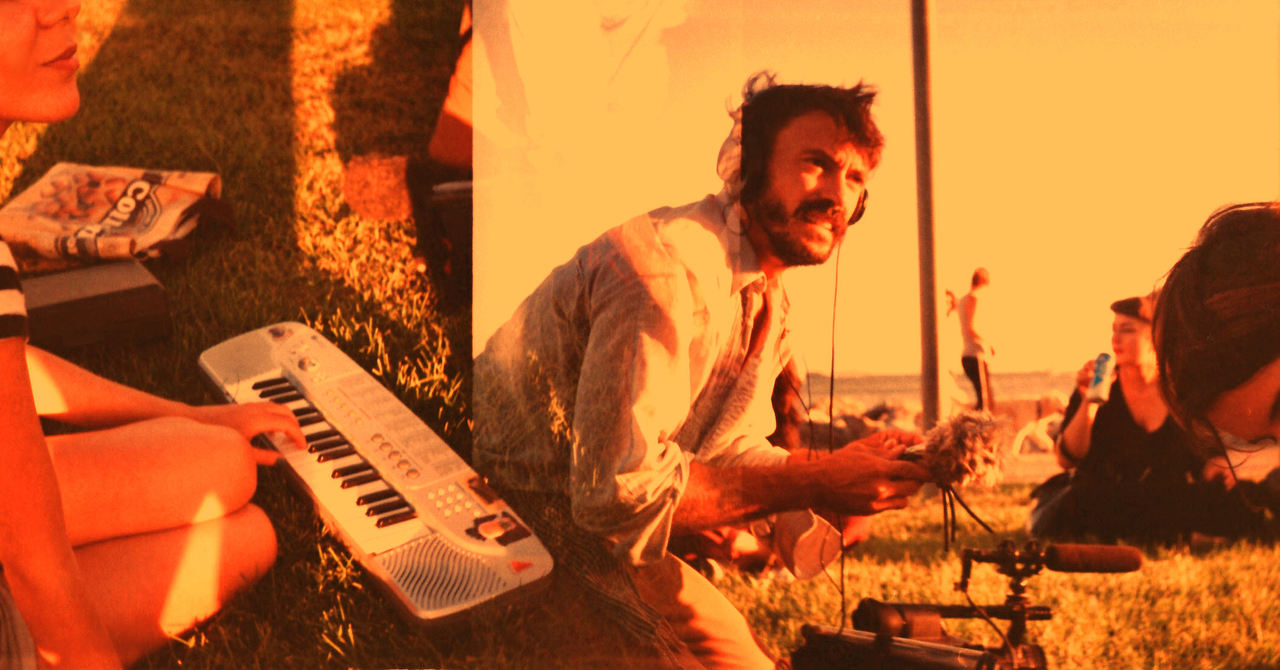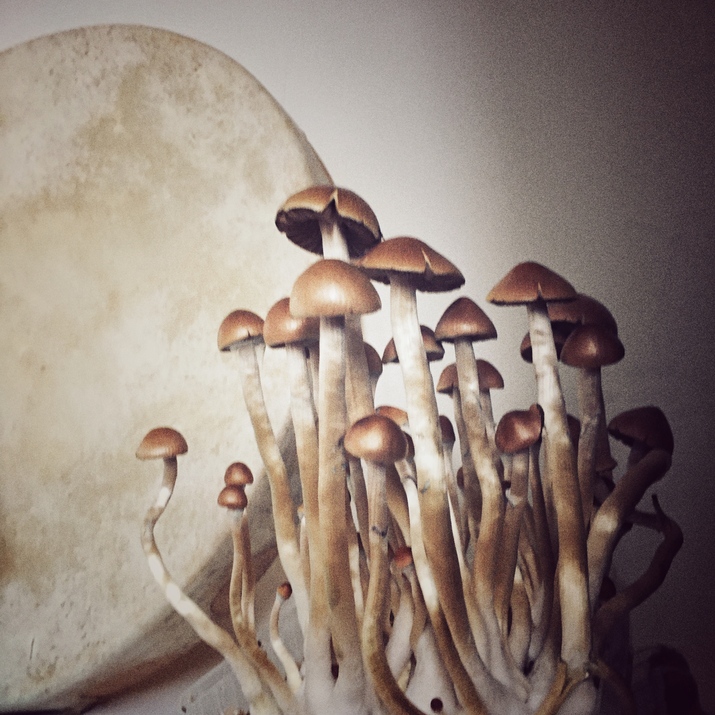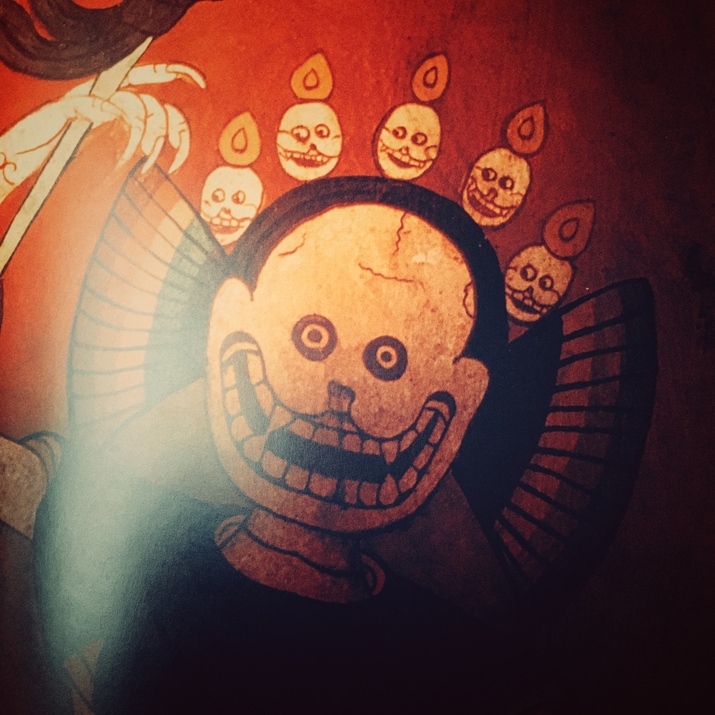The rediscovery of the ‘magical realm’ of reality, which is a bit touched upon through meditation, but definitely at the very heart of psychedelic experiences, is too often a missing link in our ecological perspectives. « Nature » is intelligent, sure, but also only to the point that you believe in nature. We could use this coming period as a redefinition of such concepts, and enter into a deeper web of ‘reality’ – nature being actually a simple manifestation of our way to phrase the ‘outside world’ – and through the integration of another virtual layer on our society (think about the deep expansion of the digital world in this epidemic time) we could make emerge a more complex, and more subtle as well, definition of reality. My own feeling is that it’s only by treating everything as real, absolutely everything, that we can tap into a higher form of consciousness – and not get trapped into the ‘fake news’ issue. That feeling is at the core of the transcendental experience. Psychedelic or not.
Practices such as deep meditation, high level yogic techniques, or radical plant-based trips re-connect everything through the dive into what Jung named the
Unus Mundus. It’s not a metaphor at all. They allow a rediscovery of our own subjects and objects – blurring the lines, escaping the illusion of distance, creating bridges and making emerge new thoughts in a subtle, often poetic, always comedic, manner. It’s an extremely powerful tool to live with nowadays – to see deeper inside the frame of reality, to react to the cosmic joke played by the intelligence of nature (it’s full of humour out there!), and to dance with it.
It’s time to go inside. An inner research was needed to happen, for a long time – I mean, how do we hope to balance the global interconnection of contemporary time, the massive destruction of ecosystems and its numerous problematics and the extreme relationship to the Gaian mind if we don’t do a decent job at microscoping ourselves and develop a higher form of knowledge of who we are?
Saturated minds don’t work efficiently for the mission that is demanded now. Re-invention of the way we live in a globalised society. Good luck! That’s quite challenging. And being bombarded with information is against us. After a few days where most of us, including myself, were convinced that it would be "a perfect moment to send beauty and post new films / music / books to face the sadness of the situation we're in", many of us backed off – to better blow up.
Through that saturation, we are getting disempowered from our own consciousness.
Amusing Ourselves to Death was the good title of a great book from the 80s, by Neil Postman, building on McLuhan theories and especially Huxley’s dystopia as developed in his
Brave New World. Huxley didn’t postulate a future where humankind would be oppressed by state control (as did for example Orwell in 1984) but an oppression coming from their addiction to amusement and the submission to information.
Such a break in our hectic times is a welcome relief to zoom out, to see the larger picture – and personally, to research on the ancient civilisations, to put a larger scope to the frantic relationship we have with our contemporary lives in the early 21st century, by picking up ideas from the philosophers of the Greek age, from the mind of ancient China, from some ancient knowledge which is still very much relevant, maybe more than ever.





